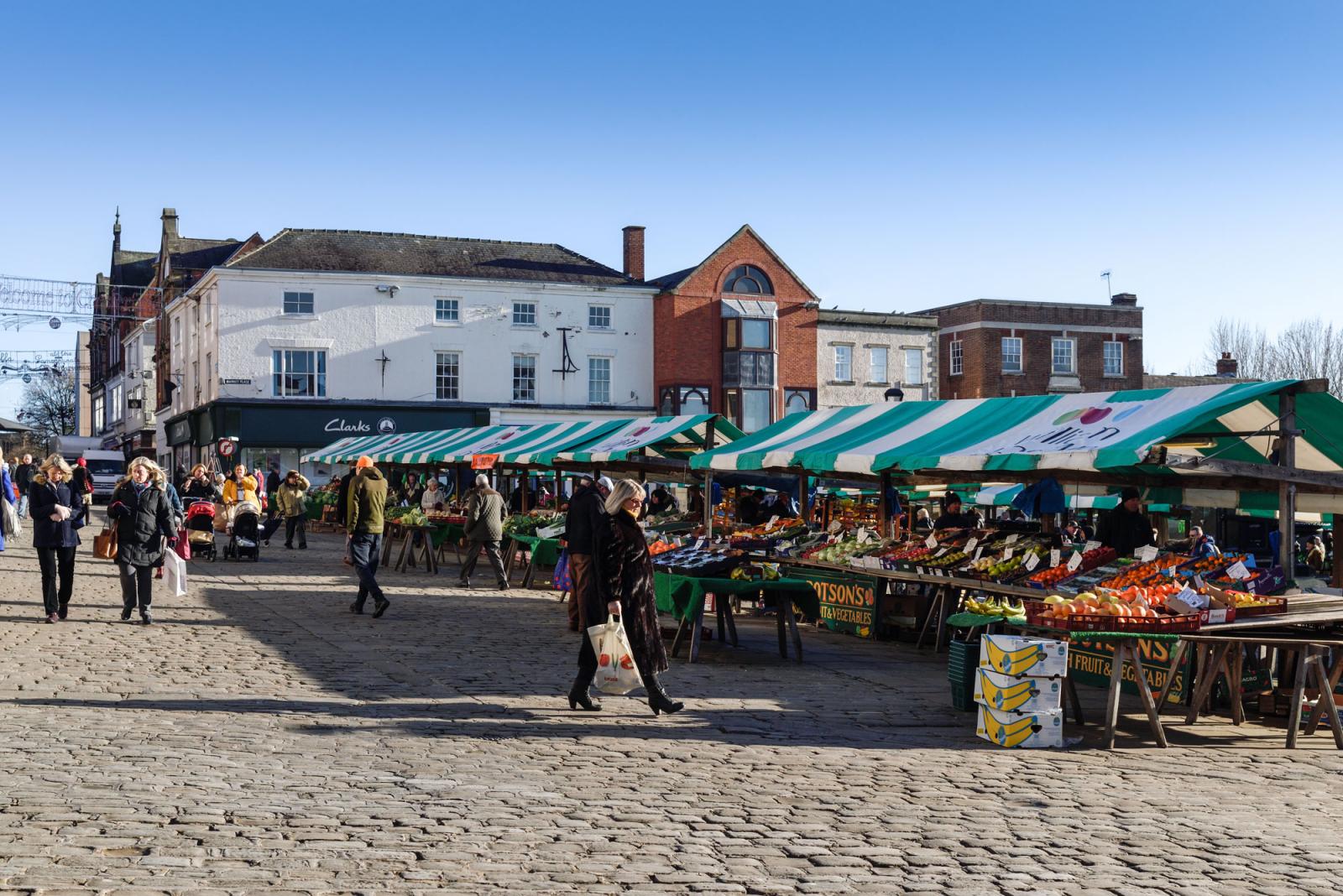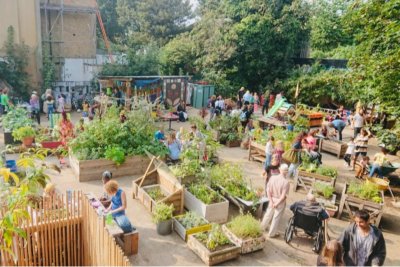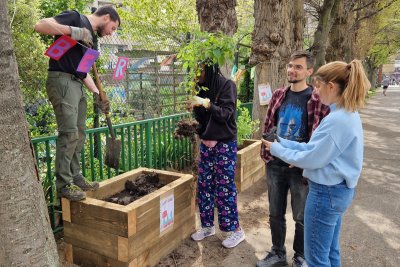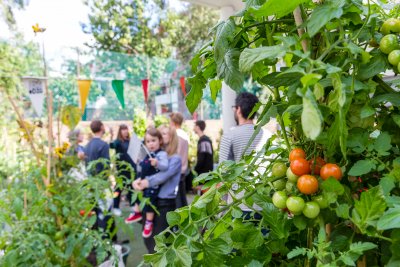Will national model design code result in good food neighbourhoods?
New national model design code will fail to produce well designed places if access to food is ignored, Sustain fears.

The National Model Design Code and Guidance Notes for Design Codes are a coordinated suite of planning policy and guidance which aim to improve the quality of England’s built environment. There is an opportunity until 27 March 2021 to make comments.
Together these documents shift decisions on the quality (or not) of new development away from site by site plans by developers and takes the agenda on what makes a well designed place centre stage.
Gillian Morgan, Sustain's Planning Lead, commented:
Sustain welcomes the small step forward, but the draft model design code misses a giant stride towards avoiding future unhealthy places. If the approved code and guidance do not include the need for access to food, there will be no trigger for subsequent local detailed guidance to include food access. Even worse, until local guidance is produced, decisions will be based on these national design codes.
We urge everyone interested in a good food environment to respond to the consultation by thinking about how sustainable food neighbourhoods are designed. Will the guidance result in communities with access to fresh and healthy food?
The consultation is seeking views on
- changes to the National Planning Policy Framework
- the draft National Model Design Code and
- the draft Guidance Notes for Design Codes
Our full briefing can be read here but in essence, the main concerns are:
- The suite of draft guidance on design fails to follow through commitments for healthy communities.
- We are looking for a clear thread between national planning policy (NPPF), the National Design Guide and national and local design codes to ensure sustainable food places will be built. The National Model Design Code makes no references to food.
- It is absolutely critical that the role of good design in delivering a healthy food environment is carried forward from the emerging National Food Strategy, the Childhood Obesity Strategy, the NPPF and the National Design Guide.
- It is a serious omission that the role of developers in creating healthy neighbourhoods is not made explicit, where communities have the ability to buy, grow and cook healthy food .
- Sustain welcomes
- the highlighting of the opportunity for markets to be designed in public spaces.
- the statement that, “Ideally people need to be able to meet most of their day to day needs within a walkable radius of their home”. A well designed neighbourhood is one where it is easy to buy healthy food.
- management and maintenance regimes for outdoor space to be considered at planning application stage as different models have different implications for design.
- Sustain calls for the inclusion of the following
- all new development should include edible landscaping and provision for community food growing within 400m of homes.
- It is not credible that design codes will impact positively on people’s health and wellbeing without consideration of the space that is needed for occupants to store, prepare, cook and eat food. Internal space standards for kitchens are not mentioned.
Published Thursday 11 February 2021
Planning Food Cities: Find out how to get involved shaping the future of your local area to create a more sustainable and local food system.





